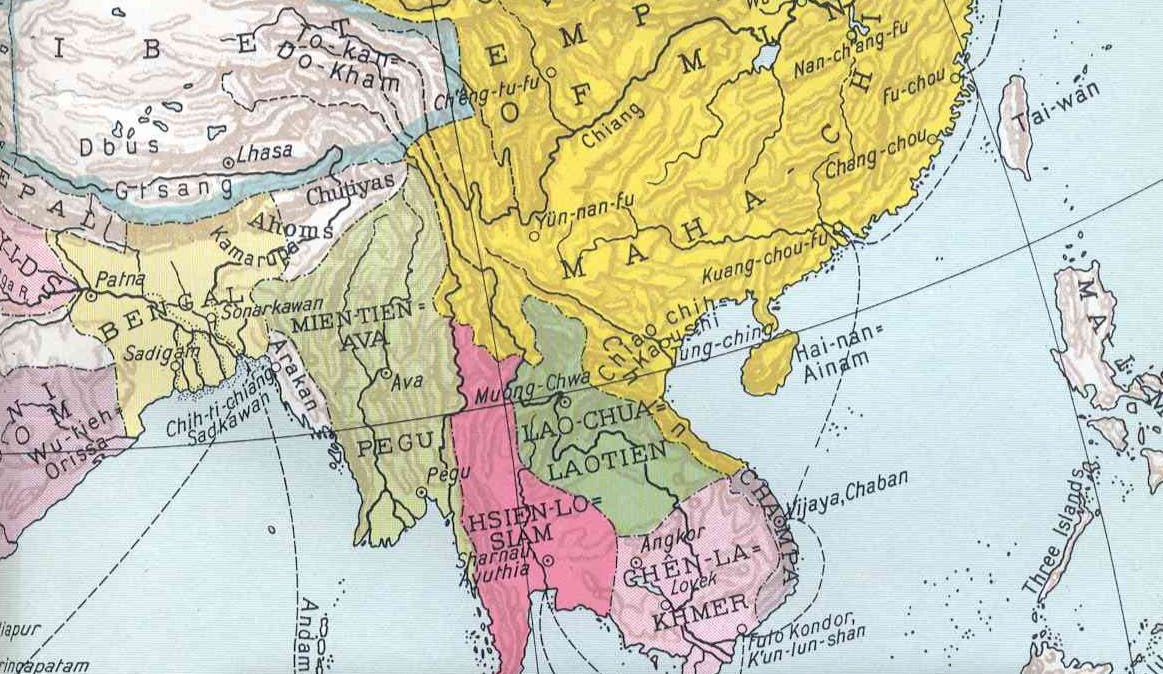Week signals: Trump change
Plus: watch points for Ukraine, Austria, Georgia, Croatia, and Vanuatu.

This week:
IN REVIEW. Pressure in Berlin and Canada, a hideous strength in Washington, and which allies should be most concerned.
UP AHEAD. Pipelines in Ukraine, discord in Georgia, and elections in Austria, Croatia, and Vanuatu.
🎄This is our last Week Signals for 2024. We will publish a special Year in Review for all paid and GD Pro subscribers on 28 December with a special Year Ahead on 4 January. Week Signals returns on 11 January, with our daily dispatches returning on 13 January.🎄
The Week in Review: Tax Americana
The week began with the scheduled ousting of Germany’s government, with a no-confidence vote allowing an orderly process to begin for elections in February. Before the day was out, we almost saw the unscheduled ousting of Canada’s government, with finance minister Chrystia Freeland’s resignation plunging the Liberal Party into chaos and a likely no-confidence vote next year.
The week ended with new uncertainties for France, South Korea, and Romania – all key US allies. And right at the heart of American power, Congress revolted against the wishes of Donald Trump and his key advisers, putting the US at risk of another government shutdown right before Christmas. A compromise bill was passed 38 minutes after the deadline.
If there’s an upside to the pre-holiday commotion it’s that it shows how US hegemony is still alive, if not exactly well. While Pax Americana may be under pressure from multipolarity and the revisionist powers of China and Russia (each with their own problems, but still rising as a percentage of global economic output), what happens in Washington still counts, particularly for its allies. When the US sneezes, the world still catches a cold. And when the president, or in this case the president-elect, wants to shake things up, the heads of smaller powers get thrown out. Quite literally.
The US doesn’t exactly use a tributary system – like in Ming China or the Ottoman periphery – but in terms of understanding raw power, it can be useful to view it as an empire. And like empires past, US power isn’t so much directed at the states that oppose it, but the ones that rely on its protection. Thus, while Trump’s America First policies may be directed at Beijing, not Berlin or Ottawa, it’s Olaf Scholz and Justin Trudeau who suffer what they must, while Xi Jinping gets invited to the inauguration. All good Realpolitik, as might have been practiced by Bismarck or Castlereagh (responsible as much as anyone for modern Germany and Canada), but, to many, completely unfair.
As we finish an unusually tumultuous year in geopolitics, the events of the last six weeks pose serious questions for what might happen in 2025. Last week we looked at the pressures on authoritarian regimes. This week, in our final Week Signals for the year, we look at the democracies most under threat from ‘Tax Americana’ – the policies of tariffs and allied defence commitments – that Trump, at least rhetorically, has committed himself to:


